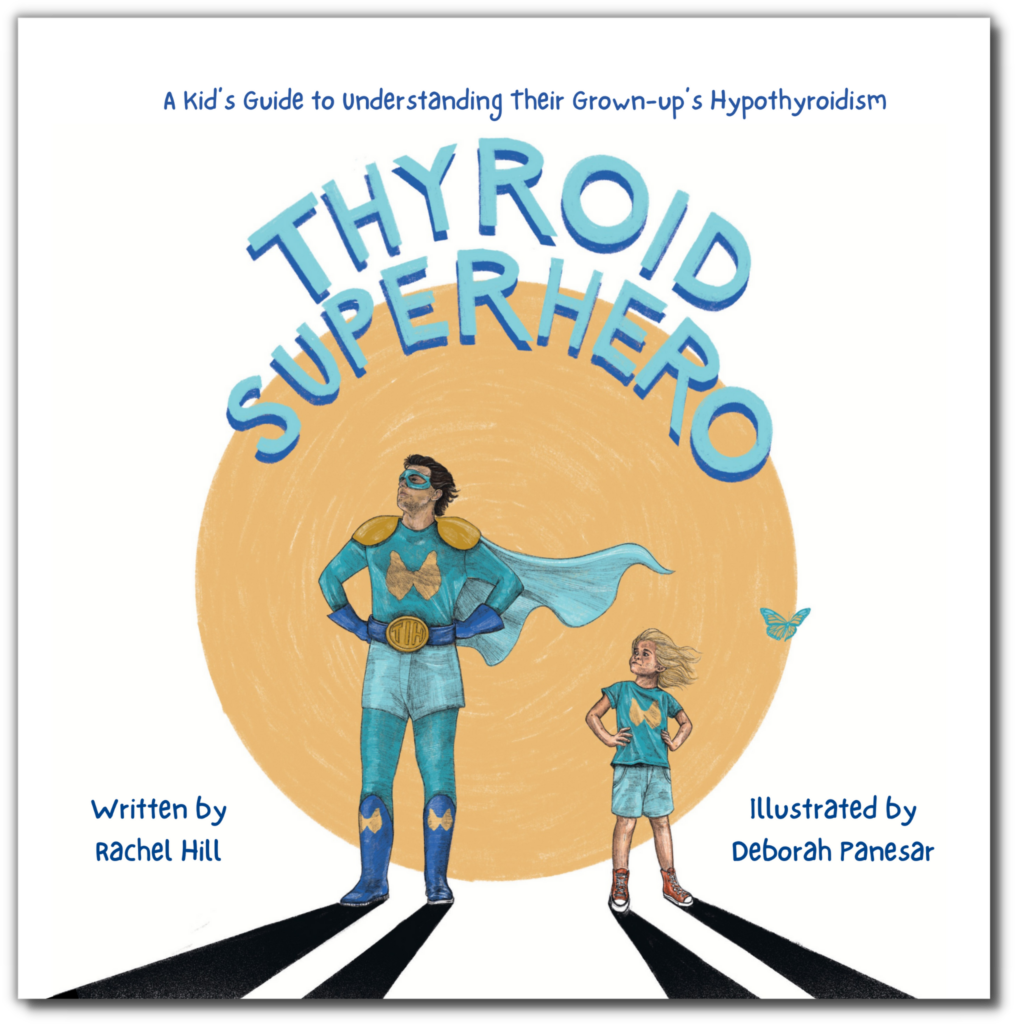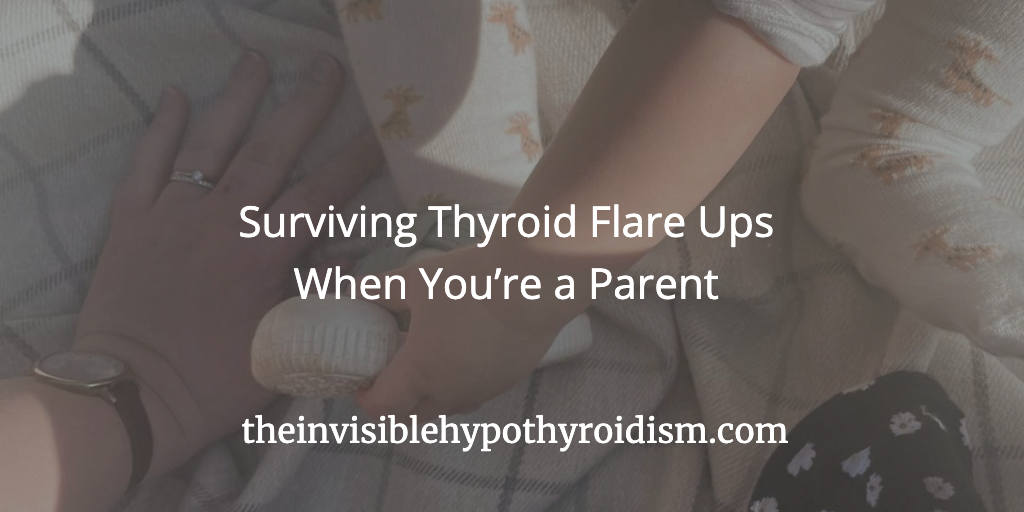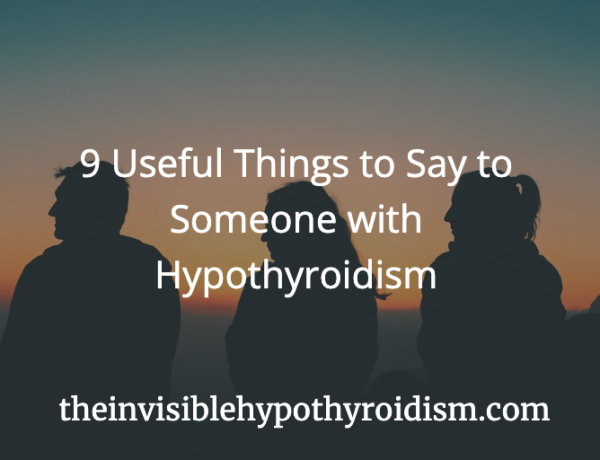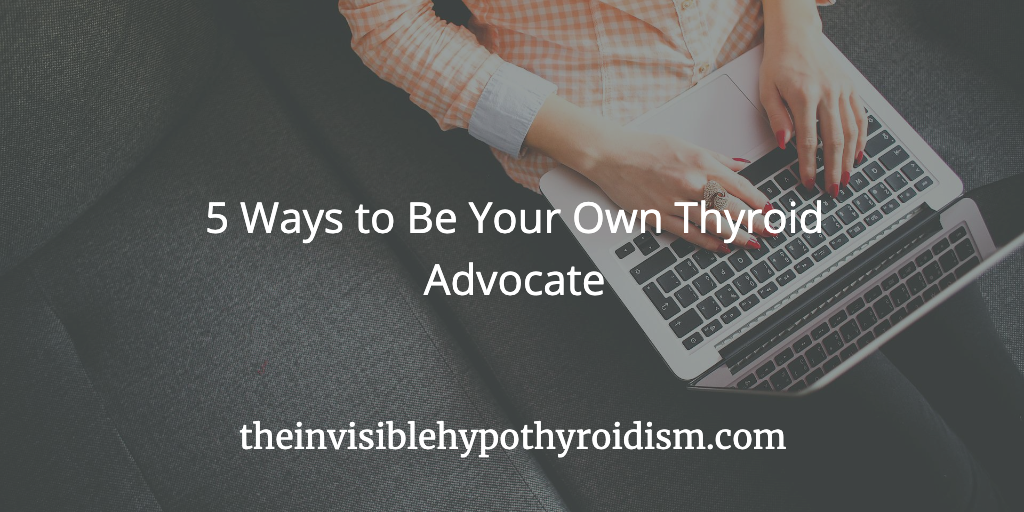A ‘Thyroid Flare’, ‘Flare Up’, or ‘Hashimoto’s Flare’ is defined as a short period of time in which thyroid symptoms are more intense and ‘flared up’. Flares are usually triggered by stress, illness, overexertion etc.
Flares can be experienced both when thyroid levels are optimal and stable, Hashimoto’s in remission, and when not.
Navigating flares as a parent can be tricky because, among other things, you may not find it easy to get all the rest you need in order to recover quickly.
What Is a ‘Flare Up’?
A flare is defined by an increase in thyroid symptoms. A flare usually occurs for a few days but up to a few weeks at a time.
(If you’re feeling that your flare is going on for much longer than this, it may not actually be a flare up. It could be a permanent dropping of your thyroid hormone levels (after all, flare ups are not associated with a drop in thyroid hormone levels, but are more a reaction to overexertion which takes your body a day or two to recover from) so please discuss with your doctor. Read more here.)
Symptoms can differ from person to person, though the most commonly reported in a thyroid flare are:
- Increased fatigue
- Heaviness (as if your body is being weighed down)
- Worsened mental health
- Brain fog
- Migraines
- Flu-like symptoms (aches and pains)
- Dizziness
- Switching between feeling really cold and really hot
What Causes a Flare Up?
These are the most common triggers according to thyroid patients:
- Drinking alcohol
- Eating poorly (such as a lot of sugary or processed food, not giving your body good nutrition)
- Consuming a known food allergen or sensitivity (such as gluten, dairy, soy etc.)
- Overexertion (mentally and/or physically) – See the spoons post
- Stress
- Not getting enough sleep
- Viral, bacterial, fungal infections
- Being on your period or due to start on your period (hormonal fluctuations)
- Pregnancy
Read my article about the ways to prevent flare ups here. This post will focus on recovering from a parent’s perspective.
Getting Through The Flare as a Busy Parent
As a parent myself, here are my top suggestions.
1. Eat As Well As You Can
This isn’t always easy when you’re ill and you have children screaming at you, but you can keep it simple.
I like to put away extra portions of food in the freezer, labelled, for tough health days.
For example, when I am feeling well, I will cook a large bean chilli for dinner, putting a few portions in the freezer for flare day me to just heat up in the oven. Easy, quick meal sorted.
If I decide I’m going to order takeaway due to a flare, I’ll often try to find ‘healthier’ options such as Thai or Vietnamese food, or other trendy ‘healthy food takeaway’ restaurants. You’d be surprised at the options around now. There is often more than just greasy food options. Of course, having a less healthy takeaway for one night is unlikely to do a huge amount of damage either. Weigh up any stress involved.
I also enjoy simple salads and nutritious soups on flare days. I avoid sugar, caffeine and alcohol because these make me feel worse and contribute to my thyroid flares. I’ll instead fill up my water bottle with water and sip all day long to remain hydrated.
2. Review Supplements
I will add in extra Vitamin C, Selenium, Zinc etc. for a day or two if I’m in a flare, in order to support my immune system and body overall.
Read more about certain supplements and their benefits here.
3. Cancel Plans
I’ll stay home wherever I can, cancel social plans and anything nonessential. Yes, my child still requires looking after but a lot of errands can wait another day when I am hopefully more recuperated.
I prioritise the essentials only and go in to ‘survival mode’ so as not to drain myself further.
4. Rest As Much As Possible
I’ll swap out more intensive exercise for yoga, or just not exercise at all if my body isn’t up to it (it’s important not to push it during a flare).
I look for ways my child and I can do lower energy activities, for example:
- A movie morning
- Pj day!
- Stickers and colouring books (we do it at a table so as to limit the mess and clear up after)
- Sharing a bath if they’re still small (it’s not as relaxing as a bath on my own, but it still eases the aches and pains!)
- Getting them in the garden to play while I sit with a blanket and hot drink on the doorstep
- Playing in bed – I will literally be lying in bed while my little one is crawling under the covers, making ‘tunnels’ and playing peekaboo with me
- If they’re young enough that they still nap, I will often try to squeeze in a nap myself or go for a bath when they’re napping to help my muscle pain
- Hot water bottle – I’ll carry it around with me as we play on the floor or move around. Just holding that helps me feel a little brighter as I’m often cold on flare days.
I will always ensure that I go to bed early on a flare day. Once my little one is in bed, so am I!
5. Pull in Support Where You Can
Not all of us are lucky to have friends and family close by, which means that I have often struggled with feeling lonely and isolated on tough thyroid days.
However, for those that do have someone who can help:
- Can they watch the kids for an hour while you rest in bed?
- Can they bring you a meal? Some soup or something else nutritious?
- Can your children have a playdate out the house? Perhaps you know one of their friend’s parents quite well, who would welcome them coming round to play for an hour or two while you rest?
Our top priority should be recuperating on flare days, wherever possible, otherwise we risk the flare dragging on for longer. Making small changes in order to reserve as much energy for recuperating as possible can really help.
Do you have any tips for fellow parents? Please do share in the comments. We have so much to learn from one another.
See also:
Thyroid Superhero: A Kid’s Guide To Understanding Their Grown-up’s Hypothyroidism, which helps children understand their caregiver’s thyroid medication, flare days, symptoms and much more.









2 Comments
Kimberly
September 26, 2023 at 8:41 pmIf they are older (my daughter is 16), give them chores they can do independently, or while you supervise and rest. It helps take some workload off both you and your spouse. That said, we are in a fairly challenging parenting situation managing my hypothyroidism and my daughter’s Autism. It is often more than my husband can handle between the two of us.
Amanda
June 25, 2023 at 9:20 amI feel such guilt when i cant function for my kids. Not sure if postpartum hormones play a role in flares/symptoms? Im 4 months postpartum and having strong symptoms again with high antibody levels (other markers fine). Feeling so deflated. Ive previously been able to lower my antibody levels and felt fantastic pre-pregnancy. Thanks for the list.